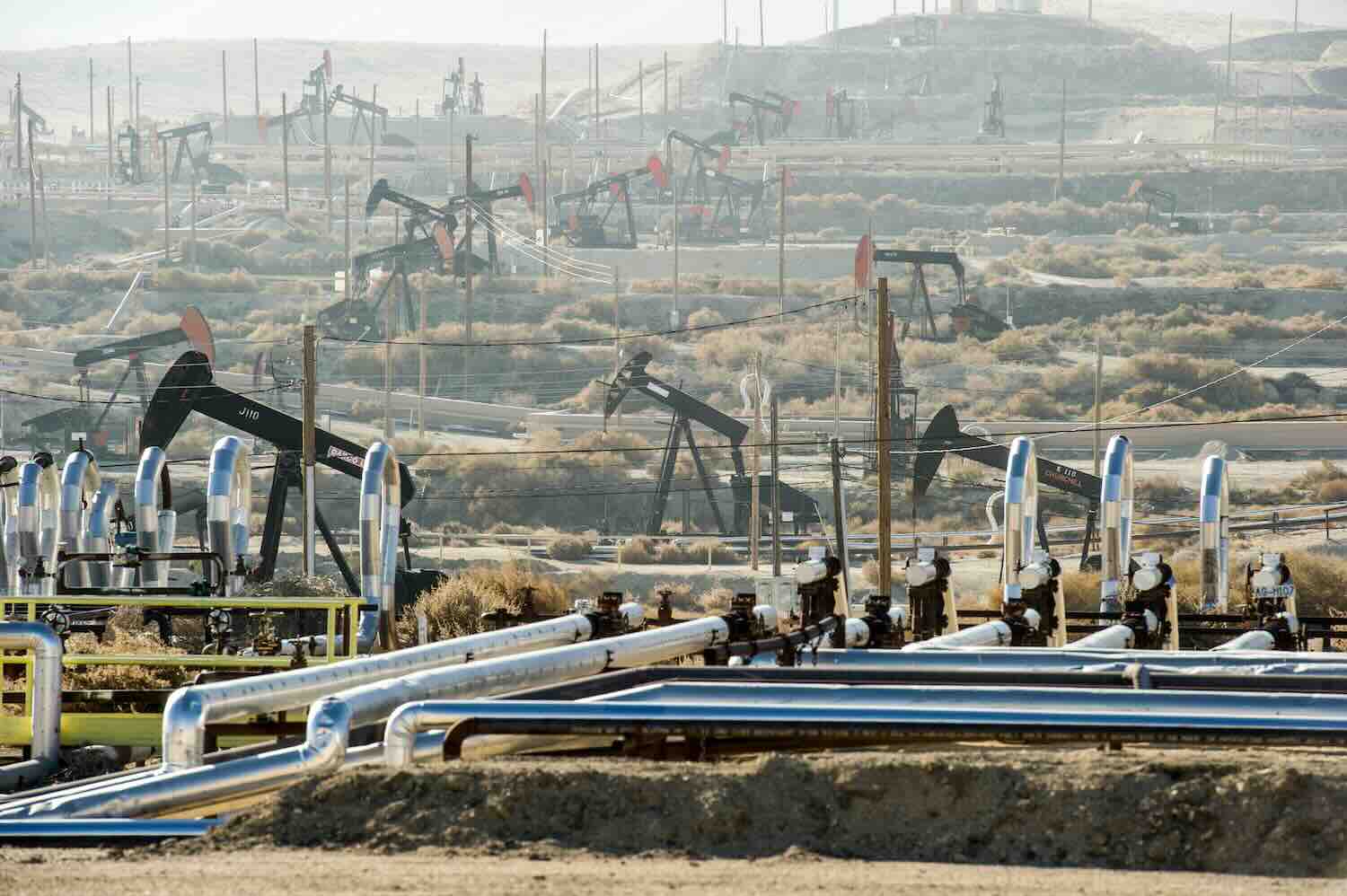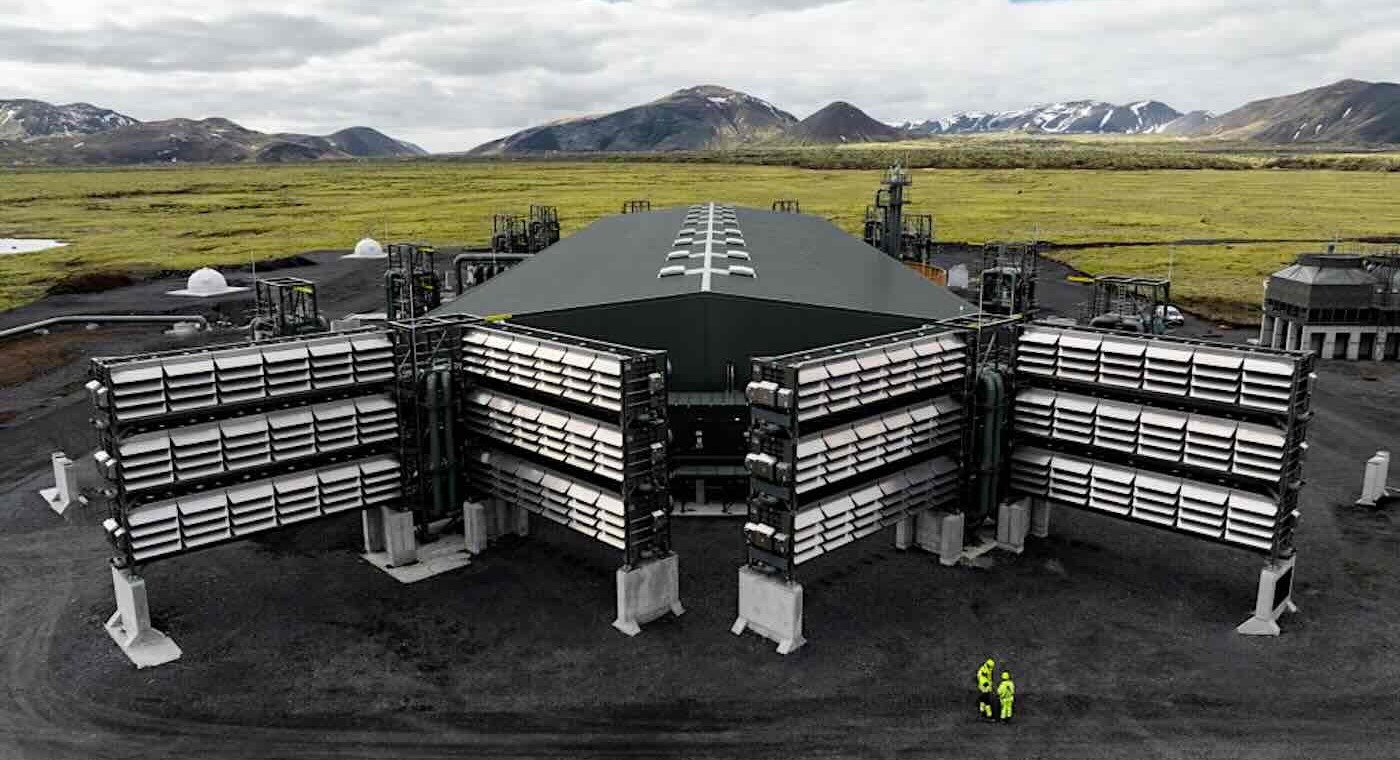ImpactAlpha, April 16 – JPMorgan Chase and Citi – the biggest bankrollers of fossil fuels – unveiled new trillion-plus targets for sustainable financing over the coming decade.
JPMorgan said it will target $2.5 trillion in sustainable financing by 2030. That includes $1 trillion for green initiatives such as clean energy, or $100 billion a year. That should push green initiatives ahead of the bank’s financing of fossil fuel projects, which has averaged $63 billion a year even after the 2015 Paris Agreement.
The other top fossil-fuel financier, Citi, upped its sustainable financing commitments to $1 trillion by 2030. As part of the new pledge, it will extend its environmental finance target from $250 billion by 2025 to $500 billion by 2030.
In a recent report, Goldman Sachs updated its own progress towards its 10-year sustainable finance goal of $750 billion set last year. It’s already ahead of schedule with $156 billion financed last year, more than half of which went to renewable energy and climate transition.
The actions come amid an acceleration of climate financing by venture funds as the contours of the massive energy transition opportunity come into focus and ahead of President Biden’s Earth Day climate summit next week.
Fig leaf
Environmentalists said the green goals were a good step, but miss the mark by ignoring fossil fuel financing. “The single most important thing JPMorgan Chase can do to address climate change and advance sustainable development is to phase out its fossil and deforestation financing, starting immediately,” said Rainforest Action Network’s Opeña Disterhoft.
In his annual letter, JPMorgan’s Jamie Dimon suggested that ending fossil fuel financing was not the right approach and that the bank would instead work with carbon-intensive clients to reduce their carbon emissions. The bank will measure its clients’ progress based on carbon intensity, he added, rather than absolute emissions. Climate activists called it a “fig leaf” that would let fossil fuel companies keep expanding their production and just reducing emissions per unit of output.











